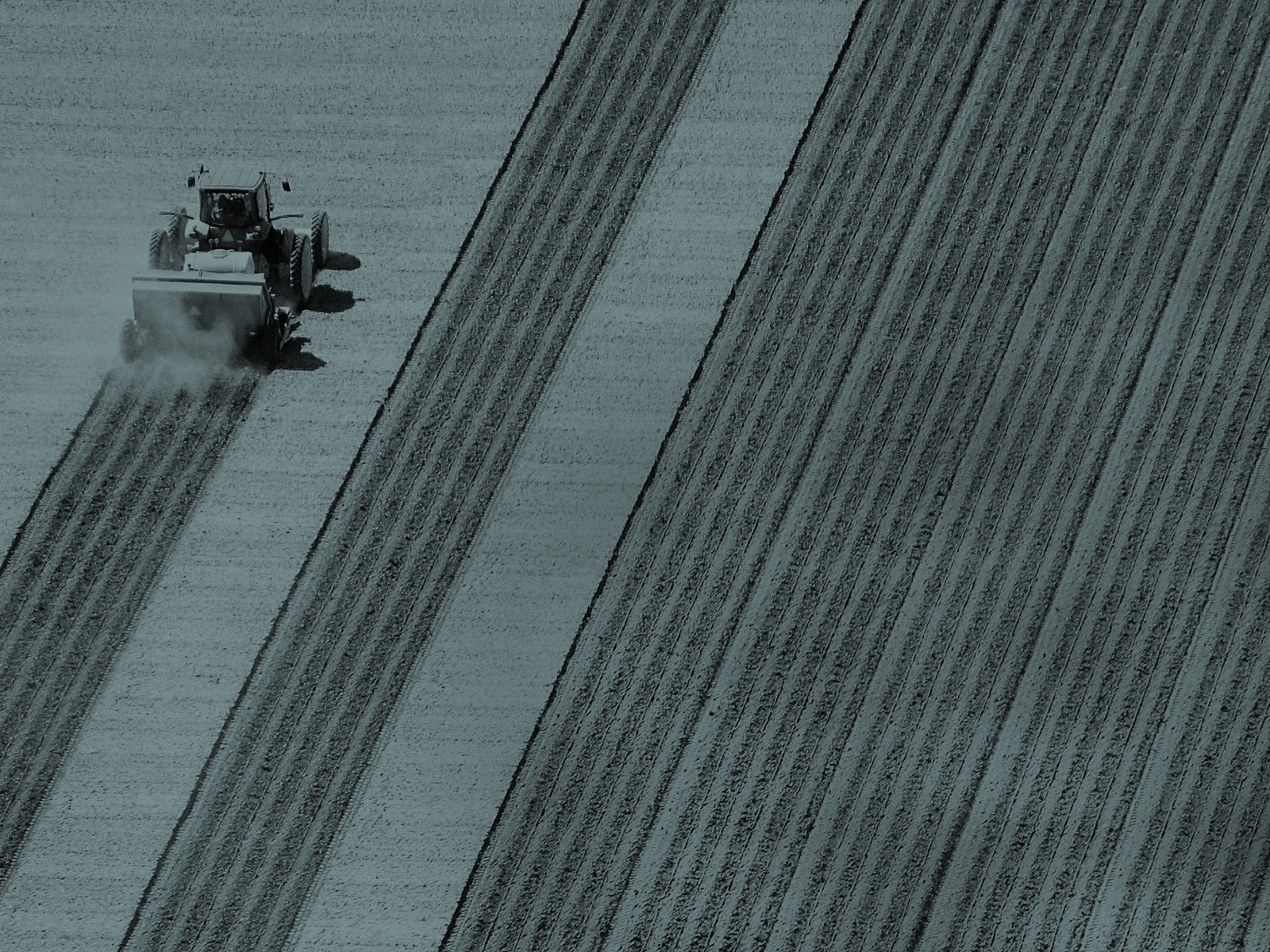As a result of the dry weather, crop yields are down (you can watch The Economist's short video with Midwest farmers here). When yields go down, prices go up – corn soared by 23% last month alone. And when prices of staple foodstuffs rise, it's the poorest who suffer most. A global corn shortage is always grim, and has special resonance in these walls (The Economist was launched in 1843 to argue for a repeal of the Corn Laws).
Predictably, there have been calls (from the UN's Food and Agriculture Organisation, from Oxfam and from Governors of affected states) for the US to temporarily suspend its Renewable Fuels Standard which requires 13.2 billion gallons of ethanol to be made from corn this year (taking 40% of the crop).
Situations like this make it clear that we're still stuck in a food vs. fuel debate. Indeed, Graziano da Silva is probably right when he says that, over the short-term, "competition between the food, feed and fuel sectors for crops is likely to intensify". That means things will get worse before they get better. In future, however, the trade-offs might not be quite so stark.
On April 26th, the White House revealed the National Bioeconomy Blueprint, which shows how biological innovation could transform the planet. It presents a world where liquid fuels are produced from CO2 and where plastics are made from biomass, with no need to use finite fossil resources. A world where personalised medicines, based on an individual's genomic information, are targeted and effective. A world where seeds have improved nutritional value, enhanced disease resistance, produce higher crop yields and require less insecticide and less water.
This isn't science-fiction; this world is already taking shape. Biology has transformed healthcare, agriculture and energy, and there's much more to come. Craig Venter, the first man to create a synthetic genome, is working hard to create efficiently designed minimal genomes, organisms that could produce pollution-free fuel and resistant, nutrient-rich seeds. Meanwhile, BP are growing “cellulosic ethanol energy grass”, saying it could be available at $80 per barrel by 2022. I bet oil will be trading at a lot more than that.
Harnessing our planet's biological resources will revolutionise the way we live, ushering in a truly green revolution. To help speed the process up, governments should be supporting biotech R&D and helping to facilitate the commercialization of 'bioinventions'.
Right now, a billion people go to bed hungry every night and pipeline politics dominate foreign policy. By unleashing the potential of the living world (not the fossilized one), we can start to put that right.
I'd welcome your thoughts about how to construct a 21st century bioeconomy that benefits everyone.
Dougal
The views and opinions expressed in this article are those of the authors and do not necessarily reflect the views of The Economist Intelligence Unit Limited (EIU) or any other member of The Economist Group. The Economist Group (including the EIU) cannot accept any responsibility or liability for reliance by any person on this article or any of the information, opinions or conclusions set out in the article.




